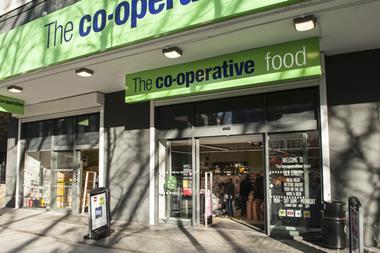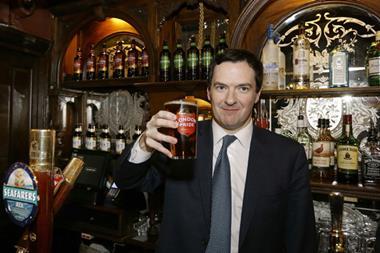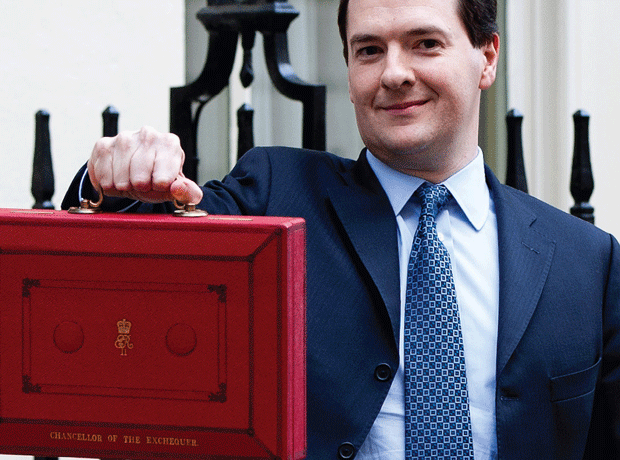As the Autumn Statement and other announcements have proliferated, the Budget has become less of an event than it once was. However it still gives a sense of direction for policy, and as such is still a marker for business. In this sense I want to consider its signals to wholesalers and independents.
Traditionally we are most interested in excise duty rates. In the past, and before restrictions were introduced, tobacco speculation could materially influence a wholesaler’s annual profits, or indeed if rates were unchanged produce real financial problems for anyone overcommitted. On alcohol it was also the norm to invest in stock before a Budget in anticipation of an increase.
“A Budget that does not further harm prospects is a good thing”
This year’s tobacco increase was inevitable and, I would argue, the least pernicious of government tobacco policies. Sadly, it further increases the profit for criminals, but at least it is clear-cut, targeted and has evidence of being effective, unlike the unproven sops to the health lobbies of the dark market, plain packaging and restrictions on pack sizes.
Alcohol was a more complex picture, with the escalator scrapped and either freezes or reductions for beer, cider and spirits. This is a welcome step, which at least does not add further profit to criminal activity, but will not fundamentally change it. For both alcohol and tobacco, the most important consideration for the sector remains to keep pressure on government to undertake effective activity to curtail the illegitimate market.
I confess I have a dilemma with cider. It has been a great category for Parfetts and some of my best trade friendships have been with cider companies and their reps. However, if government are serious about controlling problem alcohol consumption, it is ludicrous to further decrease the tax burden on cider vis-à-vis other categories when it is already so far out of line.
Most important of all are the more general indicators of government thinking. The sense in the pension and ISA announcements that the public can be trusted and given sensible encouragement to make decisions about their lives and how they should live them is welcome. I hope this means a move away from the nanny state mentality and particularly from the kneejerk and non-evidence-based reaction to lobbyists.
We are going through the toughest trading times I can remember in grocery, not just for indies but throughout the market. The green shoots of recovery being reported for the economy are absent from the food sector to date. However a Budget that does not further harm prospects and introduces some welcome measures and thinking must be considered a good thing.
Steve Parfett is chairman of AG Parfett & Sons



















No comments yet